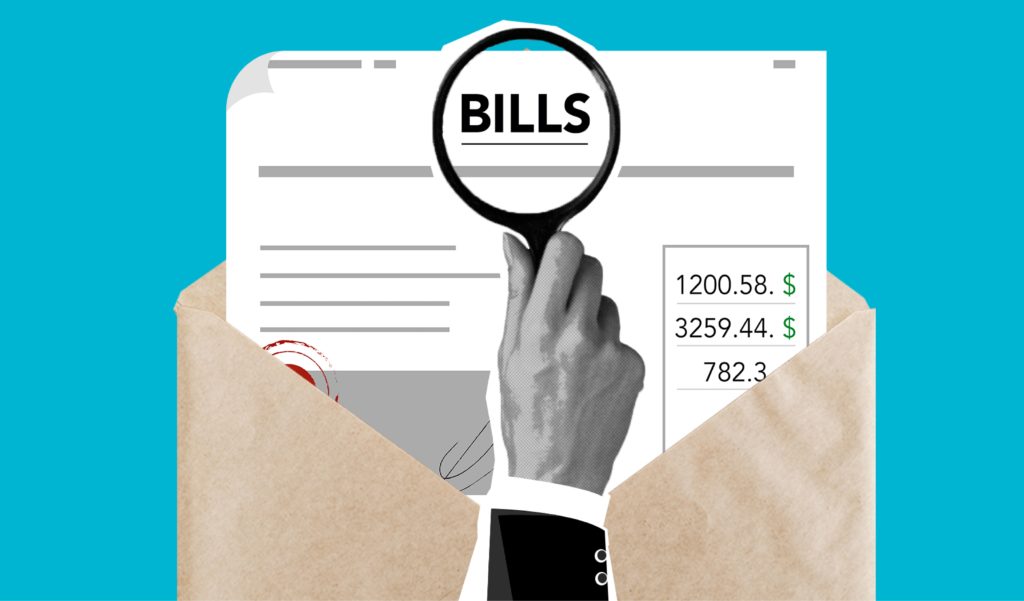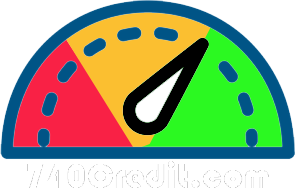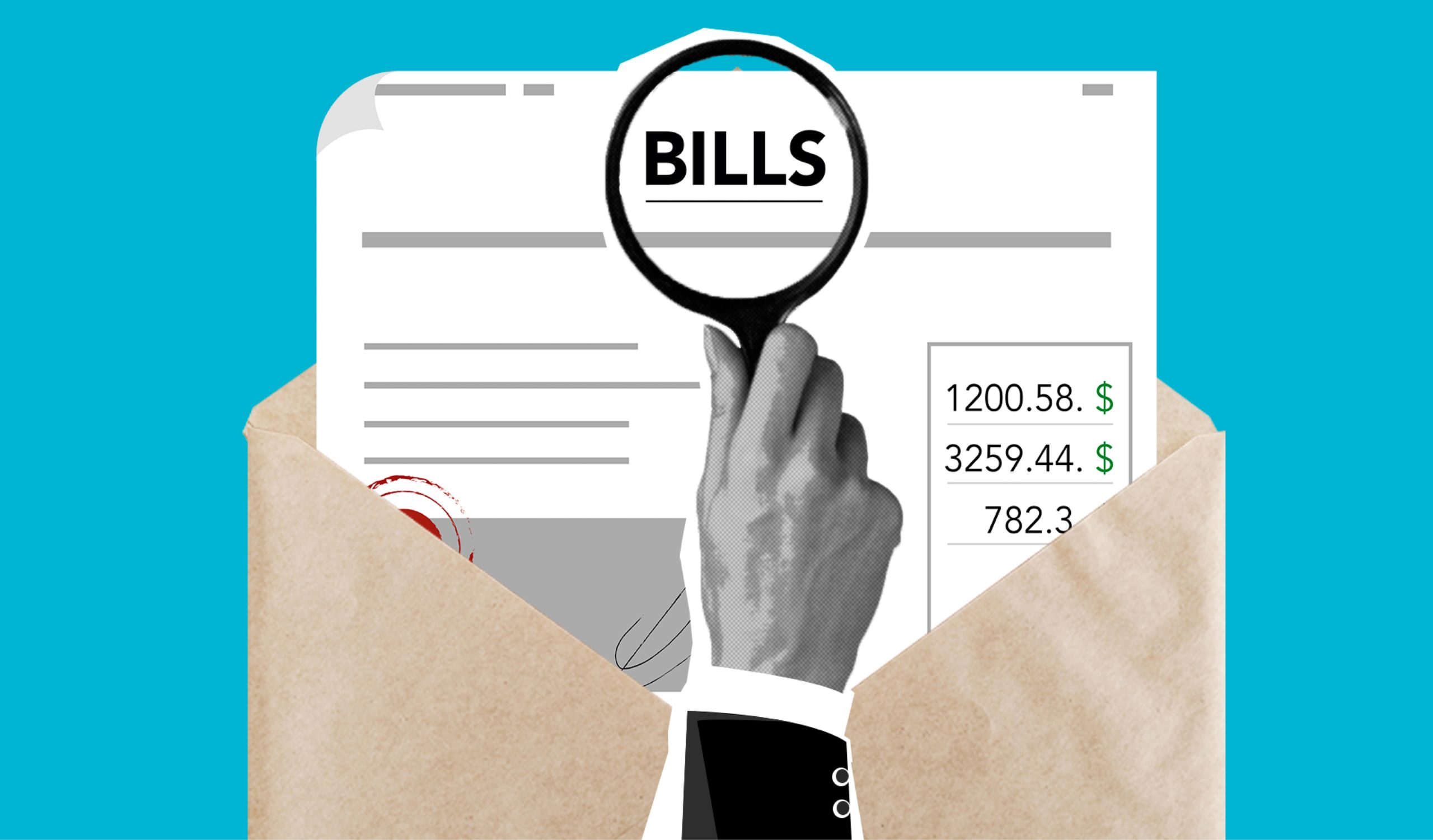Debt Collection-What Is and Isn’t Illegal
If you have a credit card and are behind on your payments, you may have heard from debt collectors more than once, reminding you that you are late with your payment. Most times, you may find them annoying reminders. While debt collection is subjected to a regulation known as the Fair Debt Collection Practice Act, you are not dismissed from your obligation to pay your debt. The collection agency or the debt originator can file charges against you should you fail to settle your outstanding balance. If you owe money to a debt collection agency or debt collector, you need to know what they can and cannot do in order to collect monies owed to them.

What is a Debt Collector?
The Fair Debt Collection Practices Act applies to those who collect debts owed to creditors for personal, family, and household debts. These include car loans, mortgages, credit accounts, money owed for medical bills, etc. A debt collector is someone hired to collect money you owe. Many companies employ the services of a third party provider of debt collectors to contact and remind their clients about their debts. Debt collection services include following up on clients through all means of communication tools such as fax, telephone calls, mail or email. They are the ones who contact customers and remind them to settle their outstanding balances.
Most debt collection agencies or companies operate under a “no collection, no pay” principle. This means that if they cannot collect for the client, they will not be paid for their services. It is not only credit card companies or banks that use debt collectors. The list also includes cable operators, water, heat and electricity providers, telephone companies, insurance companies etc.
These debt collection services ease the burden for their client companies in going after delinquent customers. It is imperative for companies to choose the right debt collection agencies. After all, these debt collectors communicate directly with customers and operate on behalf of the company.
What Happens if a Debt Collector Contacts Me?
The debt collectors must maintain an air of courtesy. They must not in any way harass the customer, and they must proceed with their tasks observing ethics and confidentiality. They must also properly identify themselves and not cause undue inconvenience to the customer. Customers, under the Fair Debt Collection Practice Act are protected against harassment from debt collectors.
Within five days after a debt collector first contacts you, the collector must send you a notice that tells you the name of the creditor, how much you owe, and what action to take if you believe you don’t owe the money.
If you owe the money or part of it, contact the creditor to arrange for payment.
If you believe you don’t owe the money, contact the creditor in writing and send a copy to the collection agency with a letter telling them not to contact you.
What are My Rights?
If you have been contacted by a debt collector, you have certain rights regarding how and when you are contacted.
A debt collector may NOT:
- Contact you at unreasonable times, for example, before 8 a.m. or after 9 p.m., unless you agree
- Contact you at work if you tell the debt collector your employer disapproves
- Contact you after you write a letter telling them to stop—except to notify you if the collector or creditor plans to take a specific action
- Contact your friends, relatives, employer or others—except to find out where you live and work
- Harass you through threats to harm you, profane language or repeated telephone calls
- Make any false statement, or claim that you will be arrested
- Threaten to have money deducted from your paycheck or to sue you—unless the collection agency or creditor intends to do so and it is legal.
You have a responsibility to pay off any debt that you owe. Debt collection agencies also have a responsibility to treat their customers with respect and follow the law.
If you are being harassed by a debt collection agency, contact the authorities and report them

.gif)


